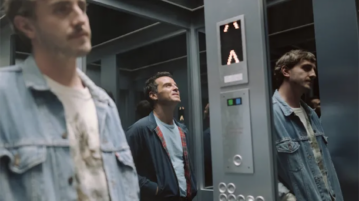
Spoiler Alert (Not Really)
The loneliness in All of Us Strangers is established at the start. The high-rise in which Adam lives seems to have no other residents but him.
More
The loneliness in All of Us Strangers is established at the start. The high-rise in which Adam lives seems to have no other residents but him.
More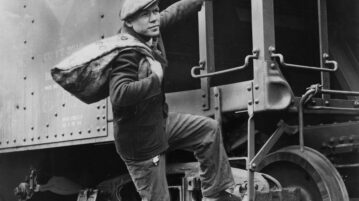
Jack Worby was one of the hundreds of thousands of young men who took to the roads and rails of America in the decades between the end of the Civil War and the onset of the Great Depression of the 1930s. They called themselves tramps or hoboes or ’boes.
More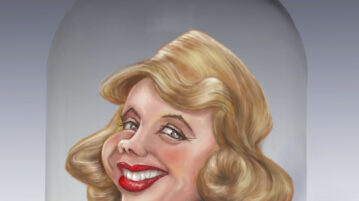
SET IN 1953 and published ten years later, Sylvia Plath’s autobiographical novel The Bell Jar is widely regarded as a masterpiece, a female coming-of-age story like J. D. Salinger’s classic The Catcher…More
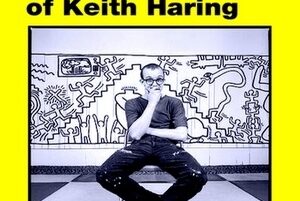
BRAD GOOCH is an accomplished memoirist, novelist, and biographer of such literary figures as Rumi, Flannery O’Connor, and Frank O’Hara. His latest book is a compelling analysis of the remarkable legacy of artist Keith Haring.
MoreDURING HIS LIFETIME, Terrence McNally saw seventeen of his plays and musicals premiere on Broadway, and along the way he developed a tenacity and maintained a relevance that has eluded most American playwrights in their later years. Conversations with Terrence McNally, edited by Raymond-Jean Frontain, helps to illuminate a writer whose work has not always shown up on the literary radar of critics and tastemakers.
MoreThe Future Was Color opens in 1956, the year of the failed Hungarian uprising. George Curtis, as Gyorgy is now known, is in Los Angeles writing screenplays for science fiction movies. One of his screenplays, about giant spiders that shoot flames from their eyes, is a box office success, terrifying audiences with scenes of apocalyptic destruction. Although he has tried to remain inconspicuous, suddenly George is popular. Living in the Hollywood of McCarthy-era witch hunts, he never reveals anything about his background except to say that he’s from Europe. He finds it more difficult to suppress his sexual urges.
More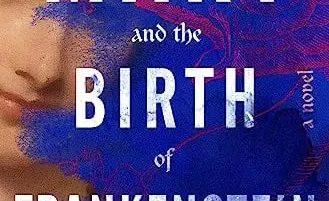
Mary and the Birth of Frankenstein focuses on two influential, life-changing summers in Mary Shelley’s life. Separate narrative lines move back and forth between 1816 and 1812.
More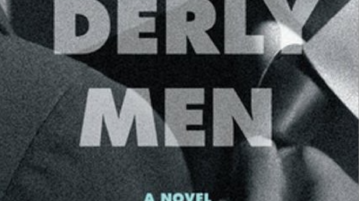
Edward Cahill’s novel Disorderly Men begins with just such a police raid on the fictional Caesar’s bar in New York’s Greenwich Village in the early 1960s. In the midst of the raid, we meet the sundry patrons whose lives Cahill portrays in the novel. Roger Moorhouse is a 39-year-old closeted gay man, an ex-fighter pilot who served in the Pacific during World War II.
More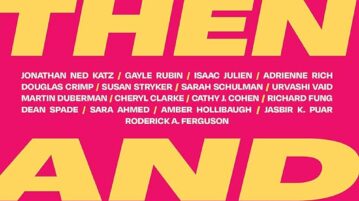
THIS LATEST COMPILATION from the Center for Lesbian and Gay Studies (clags), one of the LGBTQ community’s most august academic bodies, presents seventeen lectures by the organization’s annual recipients of the David R. Kessler Award, a prestigious honor bestowed on a person whose work has significantly contributed to the field of LGBT studies.
More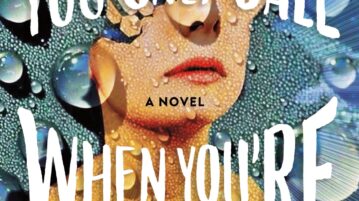
Stephen McCauley excels in writing about the everyday, believing that people reveal themselves when they’re dealing with the small details and inconsistencies of their daily lives. In one sense, not much happens in his narratives, yet in a deeper way, everything changes. Affection, commitment, self-interest, and contentment are perennial themes, with characters trying to find their true selves.
More